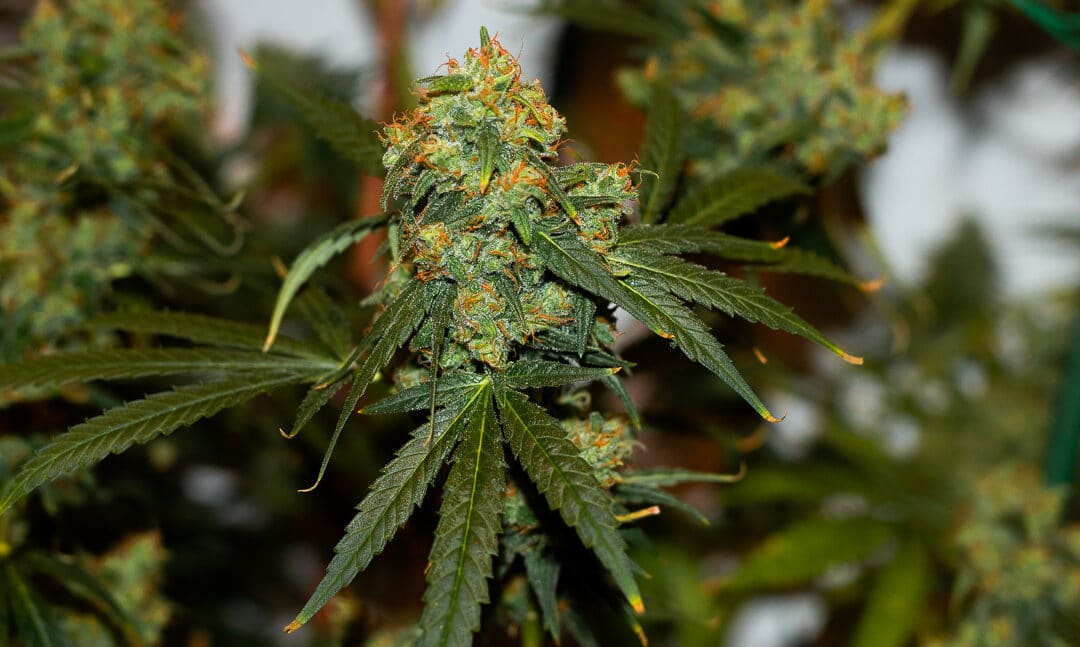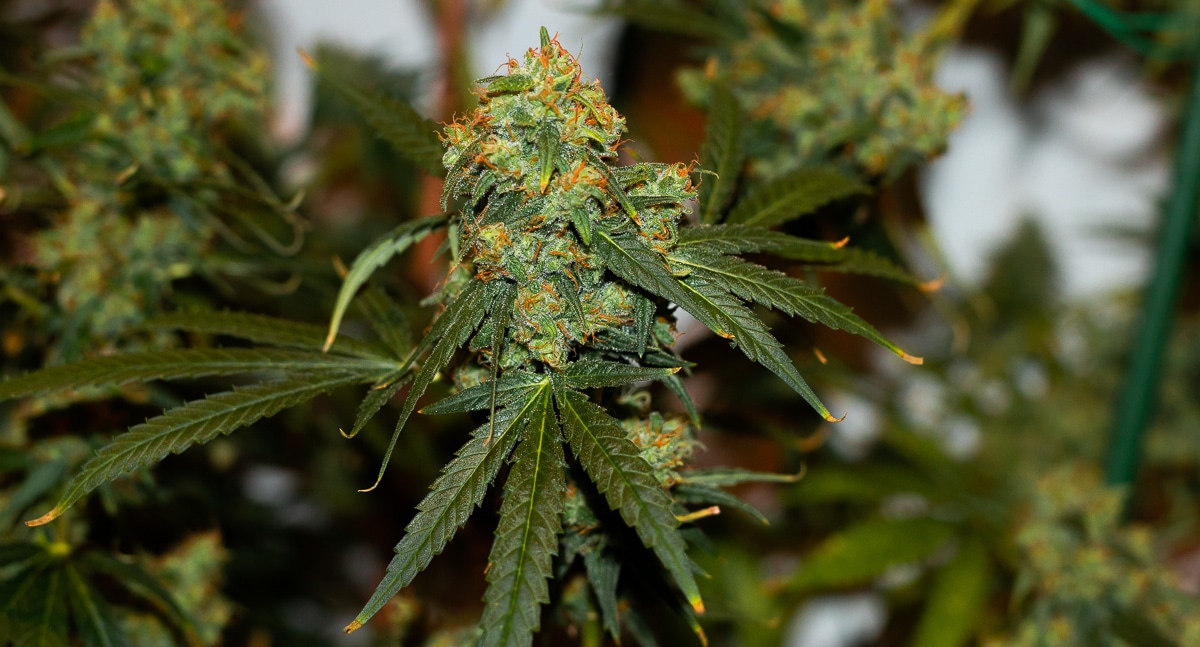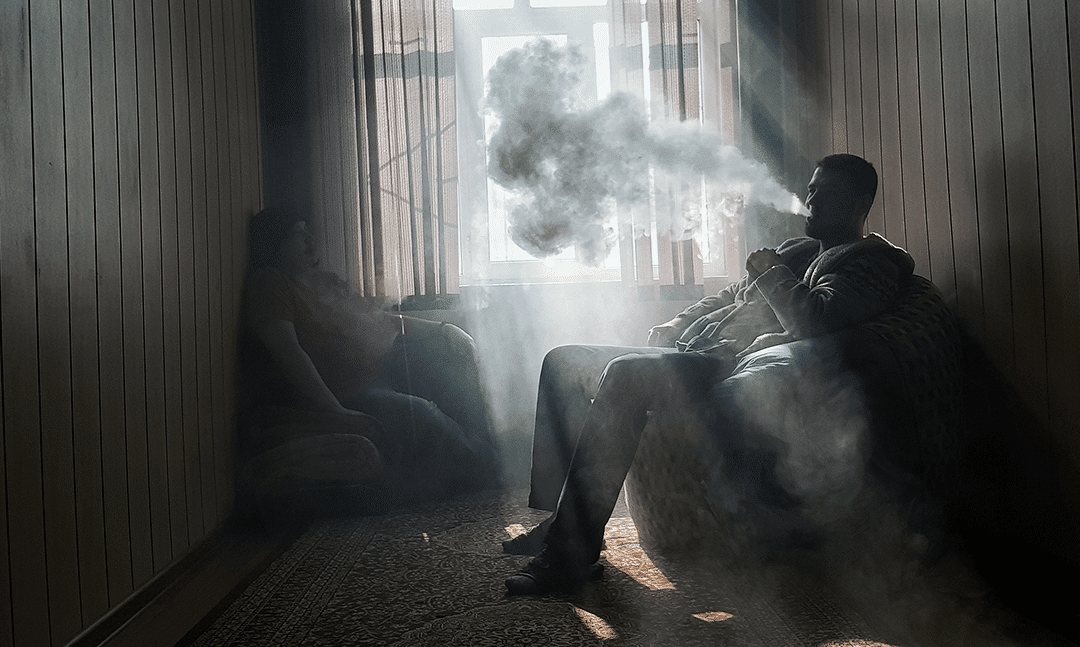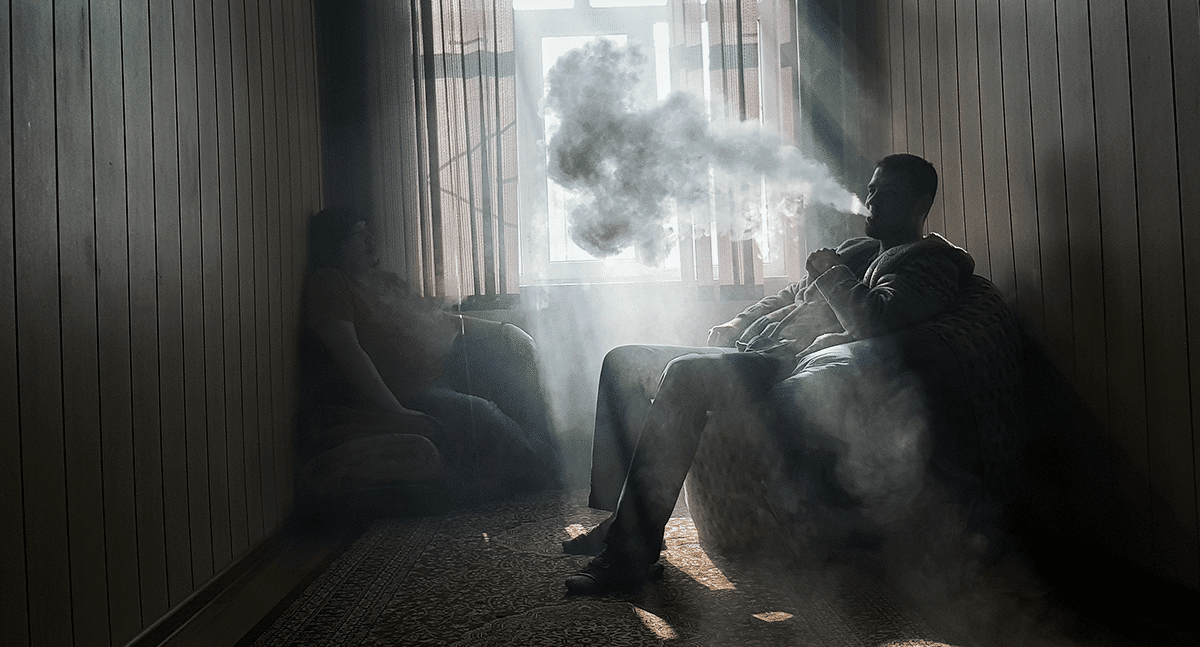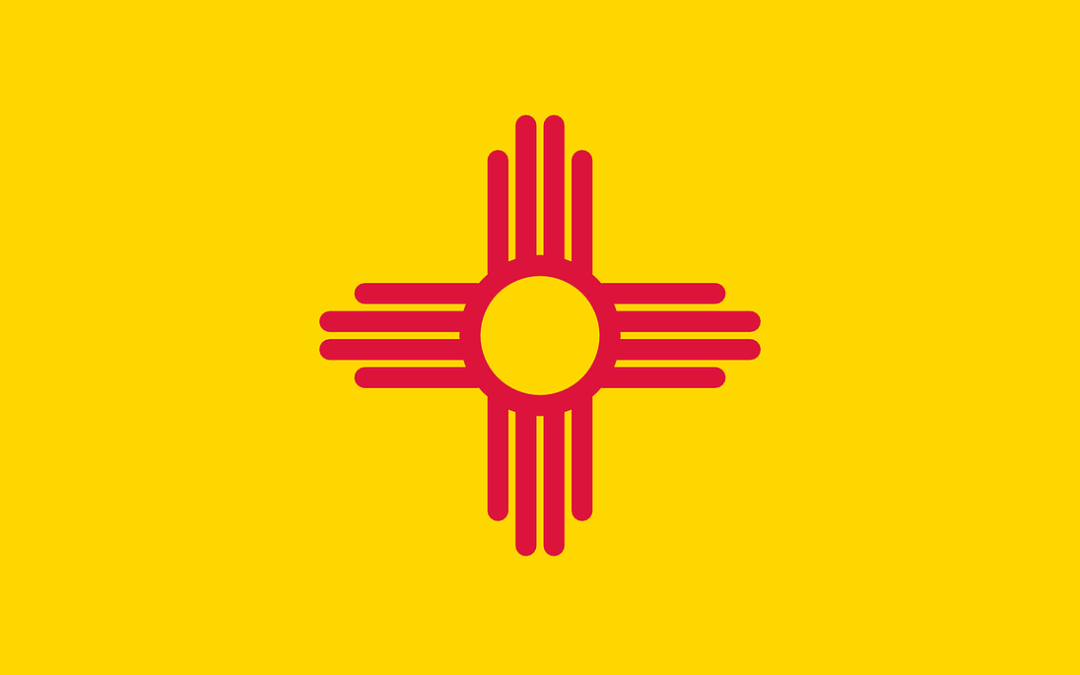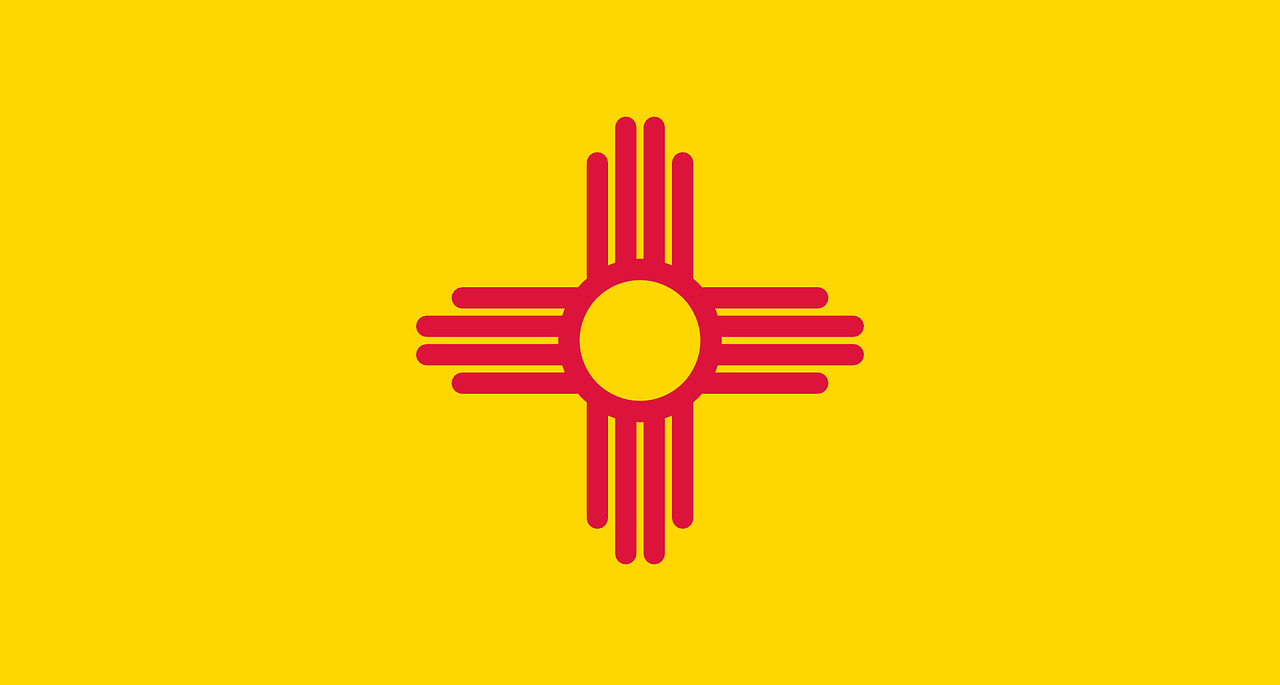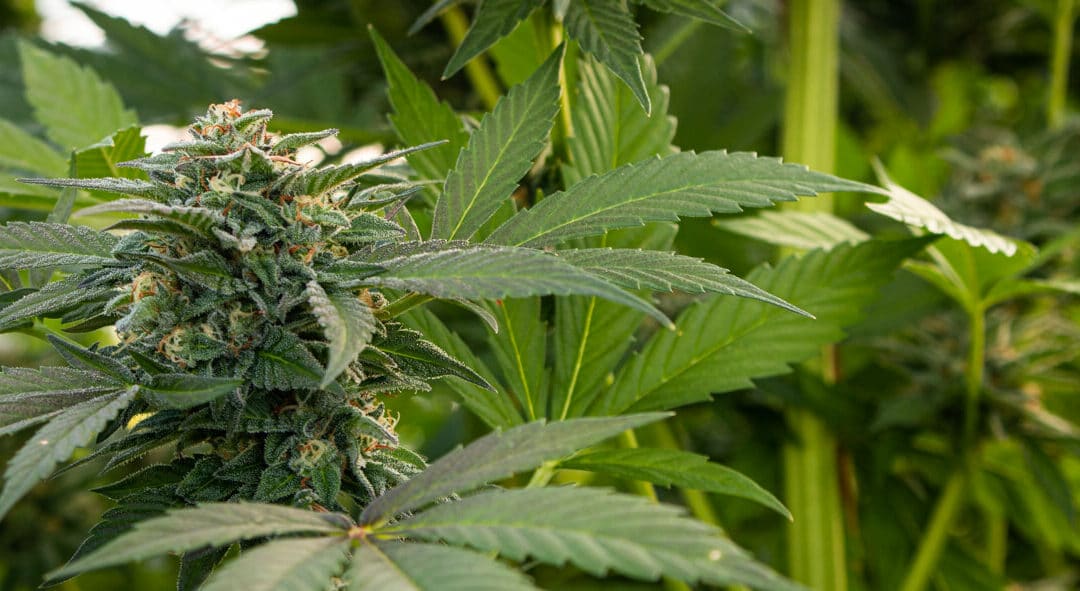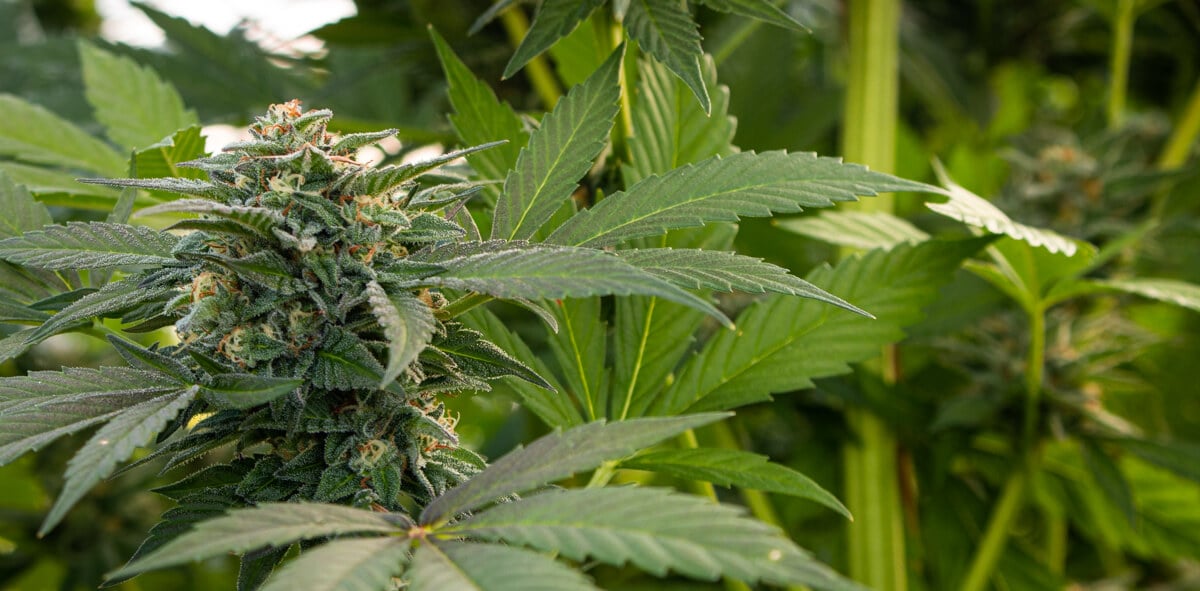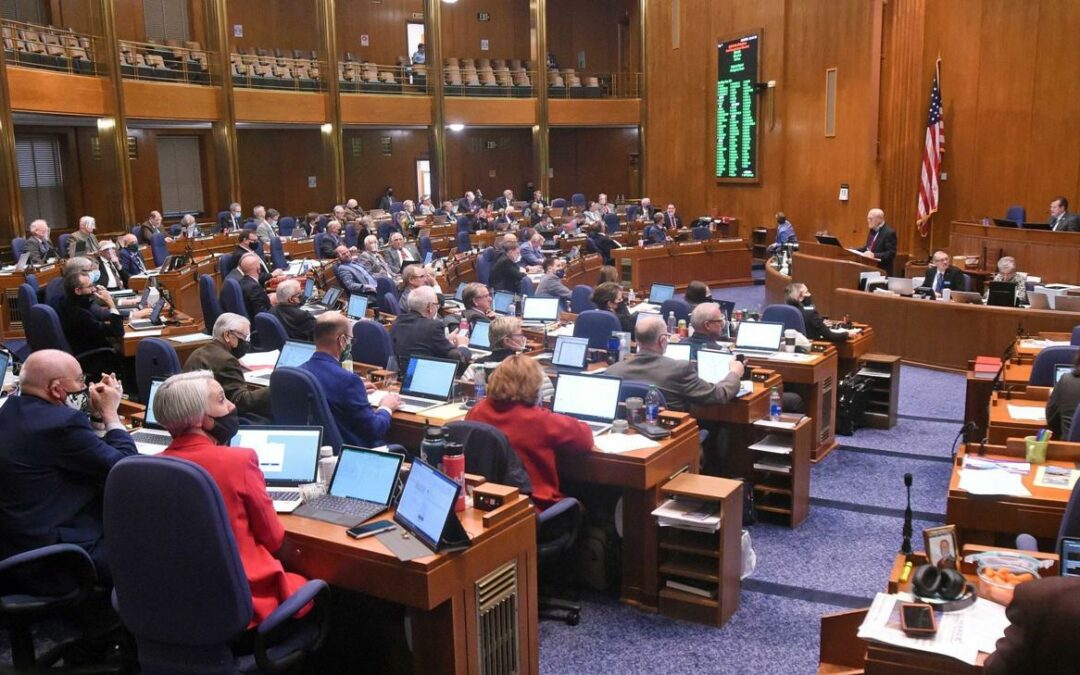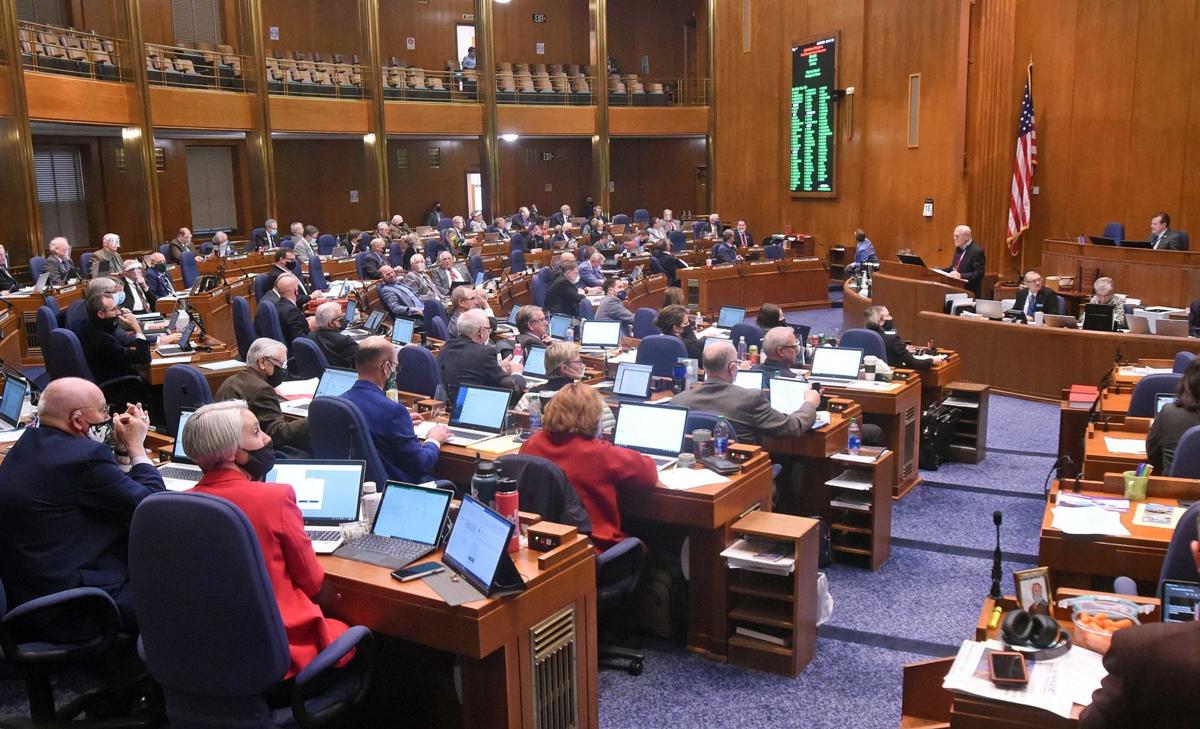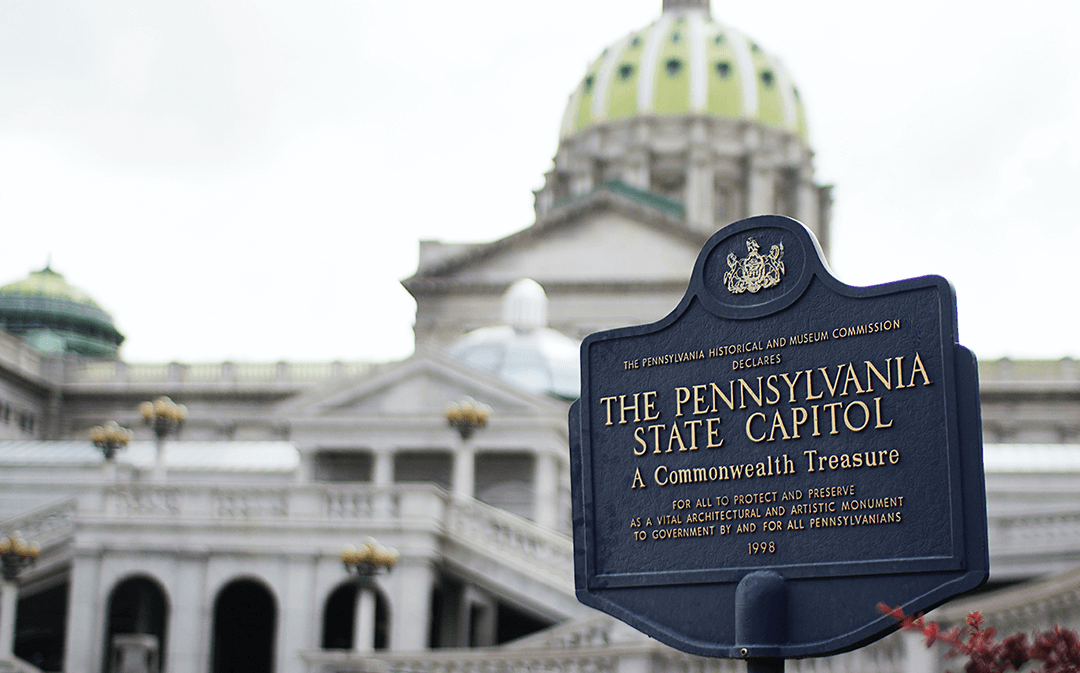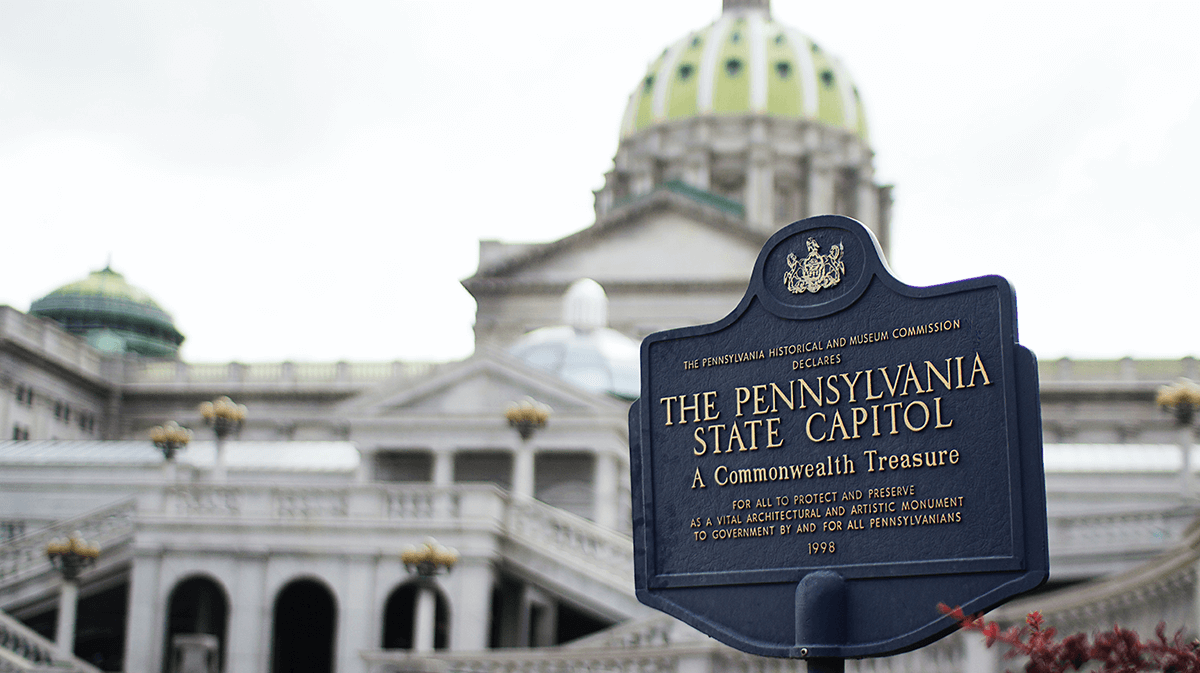Dockter’s bill to legalize and restrict recreational marijuana mirrors much of the state’s medical marijuana program, which the 2017 Legislature implemented after voters approved it in 2016.The bill would restrict recreational marijuana to people 21 and older, limit possession to 1 ounce, limit and track purchase amounts, limit use to private property and ban home growing.
“You can’t be walking down the street smoking a joint,” said Rep. Robin Weisz, R-Hurdsfield, who chairs the House Human Services Committee, which handled the bill.The bill also would limit the number of growers to seven and dispensaries to 18, all registered with the state.Opponents said marijuana isn’t safe, would set a poor example for children and would result in negative, long-term effects on behavior.
“To me, to surrender is not to win. It’s to give in to the wishes of the other party or the other people that you’re disagreeing with,” said Rep. Chuck Damschen, R-Hampden.Rep. Bill Tveit, R-Hazen, said “Our youth only mirror what they see in the adults around them,” citing North Dakota binge-drinking statistics for adults and teenagers.Supporters said the bill is a proactive approach to legalizing marijuana before a measure group might succeed.

